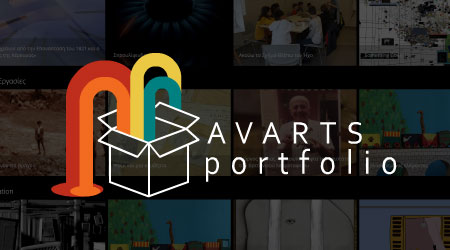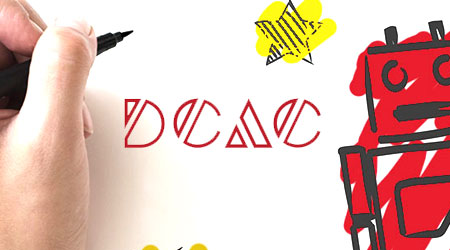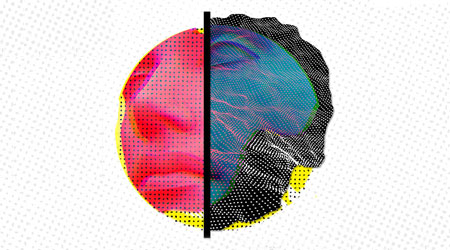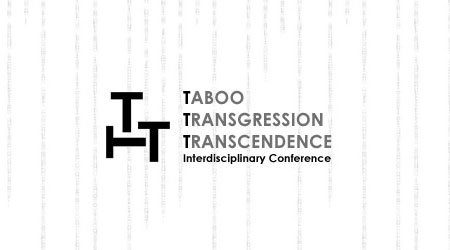Rena Katsenou
| Title: | Robots go to Kindergarten: visions of artificial intelligence in preschool education |
| Position: | Post Ph.D |
| Email: | rkatsenou@ionio.gr |

Supervisor: Dalila Honorato, Assoc. Professor
(Starting date 2022)
Post Doctoral Research Abstract:
My research focuses on the field of human-robot interaction in kindergarten. The theoretical background of the research steams from the sociology of everyday life, the structuration theory, the philosophy of mind, the theory of constructivism, semiotic theory, multimedia semiotics, communication theory and phenomenology. The concepts "embodiment", "daily rituals" and "routines" will be the basic filters of the research focus lens through which I will approach the research field. I decide to adopt those specific concepts because at my doctoral research, I observed that kindergarten children, having made an electronic game with Lego Ninjago characters a home routine, incorporated attitudes and behaviors from their favorite characters, which differed and came into conflict with the normative system of the kindergarten (Katsenou 2021). In other words, kindergarten children, imitating the dynamic behavior of Lego Ninjago, tried to resist to the teacher-centered program of the kindergarten, reacting dynamically and in unison to the organized activities of the school program and seeking to extend the time of free play activities, during which they were organizing their own play without the guidance of the teacher. According to the statements made by many parents and teachers, children have become addicted to their parents’ tablets and mobile phones. Hence, if Kindergarten children became intimately connected to their parents' tablets and cell phones by playing an electronic game as a daily routine, then perhaps they could be attached to a robot or artificial intelligence program that would provide more interaction feedback than electronic games do. Focusing the research in the field of preschool education, I will seek to highlight the characteristics that favor human-robot interaction in the specific educational context. Research in the field of human-robot interaction would be incomplete without a gender perspective. Alesich & Righy 2017 argue that humanoid robots are likely to change our idea of gender and the human and the body.
Back
| << | < | March 2026 |
> | >> | ||
| Mo | Tu | We | Th | Fr | Sa | Su |
1 |
||||||
2 |
3 |
4 |
5 |
6 |
7 |
8 |
9 |
10 |
11 |
12 |
13 |
14 |
15 |
16 |
17 |
18 |
19 |
20 |
21 |
22 |
23 |
24 |
25 |
26 |
27 |
28 |
29 |
30 |
31 |
|||||



 Katsenou Rena: Curriculum Vitae
Katsenou Rena: Curriculum Vitae







